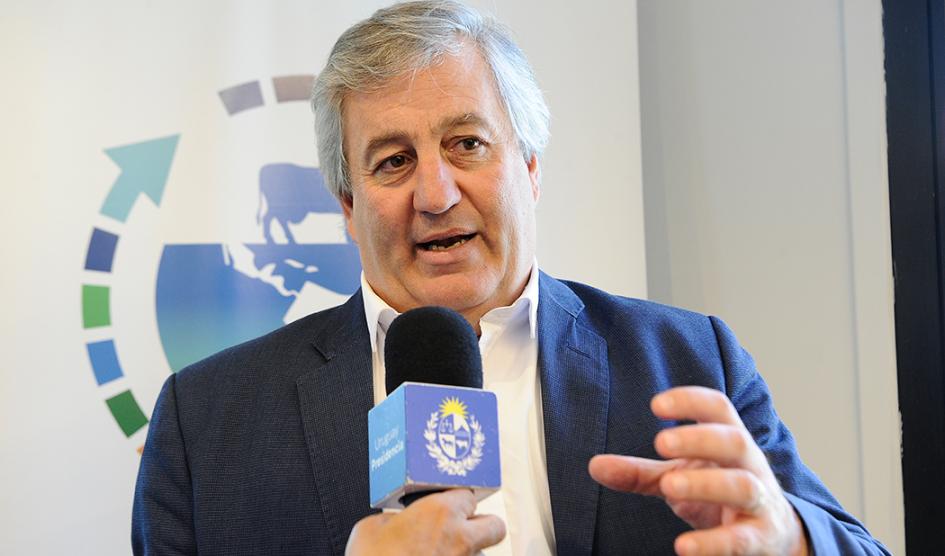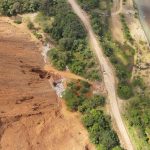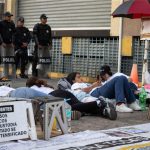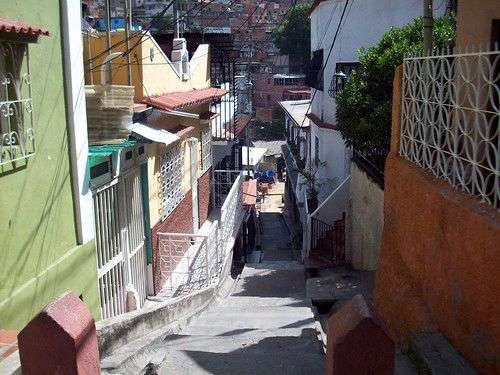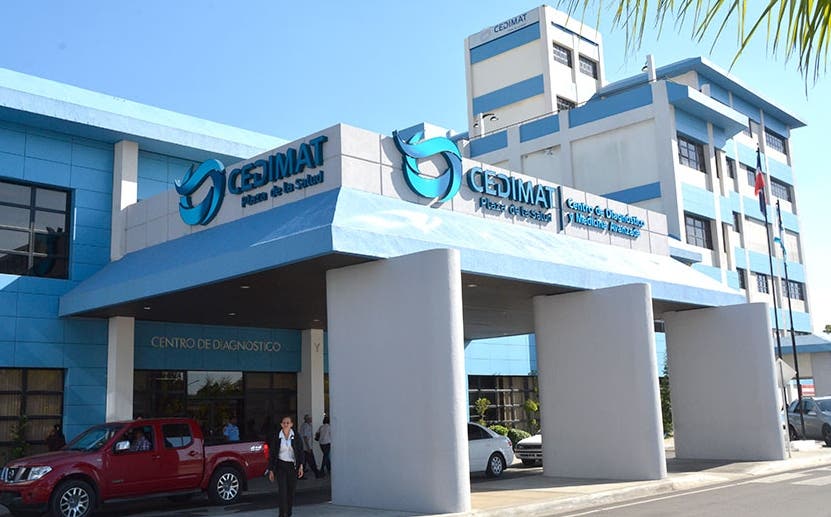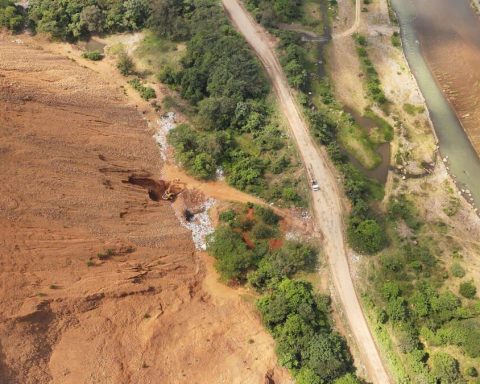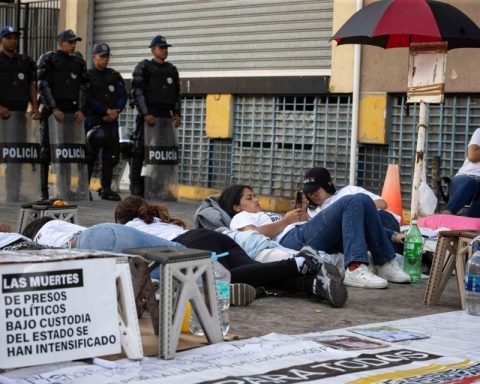Punta del Este will host an international conference on sustainable livestock farming
From November 4 to 6, the international meat sector will learn how the Uruguayan livestock system produces quality food in a sustainable way, reported the head of INAC, Conrado Ferber. “We are part of solving global warming, because all the scientific studies on the climate impact of our livestock farming show that we produce more and more and do not generate one more degree of temperature,” he stated.
The president of the National Meat Institute (INAC), Conrado Ferber, indicated that the Punta del Este Convention Center will host, between November 5 and 6, the Regional Conference for the Sustainable Transformation of Livestock Production of the Organization of the United Nations Food and Agriculture Organization (FAO).
Likewise, he explained that on Monday the 4th there will be a tour of rural properties located in the eastern part of the country, so that the international guests can see first-hand a part of the Uruguayan productive system. After that, the opening of the congress will take place on Tuesday the 5th with the presence of the President of the Republic, Luis Lacalle Pou; the director general of FAO, Qu Dongyu, and the deputy director general and regional representative of that entity, Mario Lubetkin.
Secretaries of State of Uruguay and 65 speakers will also participate, of which 9 are Ministers of Livestock and Agriculture of Latin America and the Caribbean, including those of Paraguay, Chile, Argentina, Brazil, Mexico, Peru, Guatemala and Guyana.
“For the first time, the FAO made the decision to hold the congress outside of Rome and, as a result of the management carried out by the INAC, it was proposed to do it in Uruguay, to use Uruguayan livestock as an example of sustainable livestock farming,” indicated the interviewee. . Ferber considered that Uruguay is a model of the livestock production system, based on the fact that all climate impact studies show that it produces more and more and has never generated even one degree more temperature.
“It did not contribute anything to global warming. Livestock farming is part of the region, which was made to be livestock, our natural pastures and the system are in harmony. For this reason, you should come and see it, because the business is highly questioned worldwide, and one of the pillars of the strategic plan is to defend Uruguayan livestock farming with the public and private sectors,” he stated.
“This goes against what former FAO representatives said about the long shadow of livestock. In that instance, in 2006, livestock farming was charged with an enormous participation in the global warming of the planet. “We are repairing that damage and we will show that we are part of the solution,” stated the head of INAC.
EU requirement for export
The European Union (EU) Deforestation Regulation will come into force on December 31, with the objective that importing companies in this area verify which international products of agricultural origin are produced on deforestation-free properties.
Ferber confirmed that Uruguay is prepared to demonstrate this and this was done at a reception for EU importers and clients held in Paris in mid-October. The leader highlighted that Uruguay has public goods, such as the Livestock Information System, traceability, the livestock caravan, land use and management plans and the forestry law that has protected the native forest for 50 years.
”We can demonstrate that the meat we sell comes from a non-deforested area. We have everything necessary to give the information to the private sector so that they can provide it to the European private sector. This certification will not generate any cost for the producers,” he expressed.
The solution is based on the registration and information systems that Uruguay designed with the endorsement of the Ministry of Livestock, Agriculture and Fisheries (MGAP) and the role of INAC as an articulator of the private and public sectors. The platform focuses on the production of beef and other items covered by EU regulations (leather, soy and wood).
Based on these systems, it is monitored and it is known which properties are free of deforestation and where they are located. The system covers the entire chain and in Uruguay there are more than 40,000 producers and more than 20 plants authorized to export to the aforementioned region. All of them access this solution that does not require extra procedures or costs. “There are countries in Europe that will not be able to present anything similar and it is a differential that our country has. We have to be proud of the product that is available if needed since December 31. It has been serious work for many years with State policy,” Ferber stressed.
